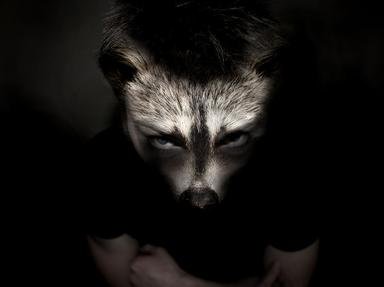
Do You Hear What I Hear? Trivia Quiz
My African safari is camping for the night, and I can hear animal sounds all around us. Can you help me sort out which animals are nearby by matching their voices? Thanks!
A matching quiz
by ponycargirl.
Estimated time: 3 mins.